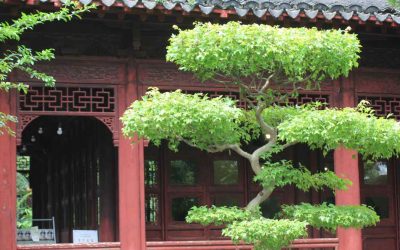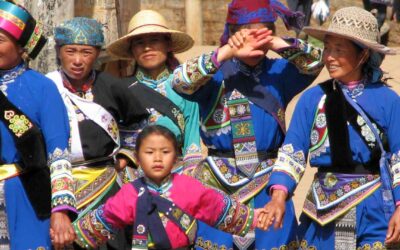Gu illness resulted from a contamination by gu poison, which a recent analyst has characterized as “an alien evil spirit which entered [the] body and developed into worms or some similar animal that gnawed away at the intestines or genitalia.” This poison was thought to be picked up in damp and humid wetlands, and after a considerable incubation period, it would cause severe symptoms, including derangement and debauchery, ending in death. …As it turns out, the gu itself was produced from the sexual secretions of men and women engaged in lascivious and incestuous intercourse, or from the similar secretions of various insects and animals purposely cultivated by a person with the intention of poisoning another. These and other accounts point to an origin of gu in an abnormal and degenerate intensification of the emotions, and N. H. van Straten has persuasively argued for a connection with the transgression of taboos on sexuality and aggression: This gu poison and various related aspects can be considered to represent an intensified materialization of the various notions which centered on fear of the instincts as causes of disorder. In theory this disorder was believed to be the natural concomitant of disturbed sexual relationships and the overt expression of aggression that had been dormant for a long time. In practice this meant the repression of the instincts in order to cut out potential sexual and social conflicts; and the psychological problems that arose from this demand are concreted in the concepts of gu poison.
Davis, Edward L. Society and the supernatural in Song China. 2001 University of Hawai‘i Press. P. 90
Last posts
The Primitivist: The Taoist Philosopher of Simplicity
The Primitivist: The Taoist Philosopher of Simplicity The Taoist classic Zhuangzi is not the work of a single philosopherAnyone who takes a closer look at the foundational works of Taoism will quickly discover that the book known as Zhuangzi was not entirely written...
An Old Book on the Sani-Yi Minority
An Old Book on the Sani-Yi Minority One may wonder whether it makes any sense to read, in the first decades of the 21st century, a book written at the end of the 19th. Clearly, the person who has spent some of their time translating it, revising it, updating the old...
Praise for the book on Chinese characters
Praise for the book on Chinese characters Good News! I'm happy to share that my book Chinese Characters: An Easy Learning Based on Their Etymology and Evolution has been selected by BookAuthority.org as one of The Best Etymology Books for Beginners! BookAuthority...







